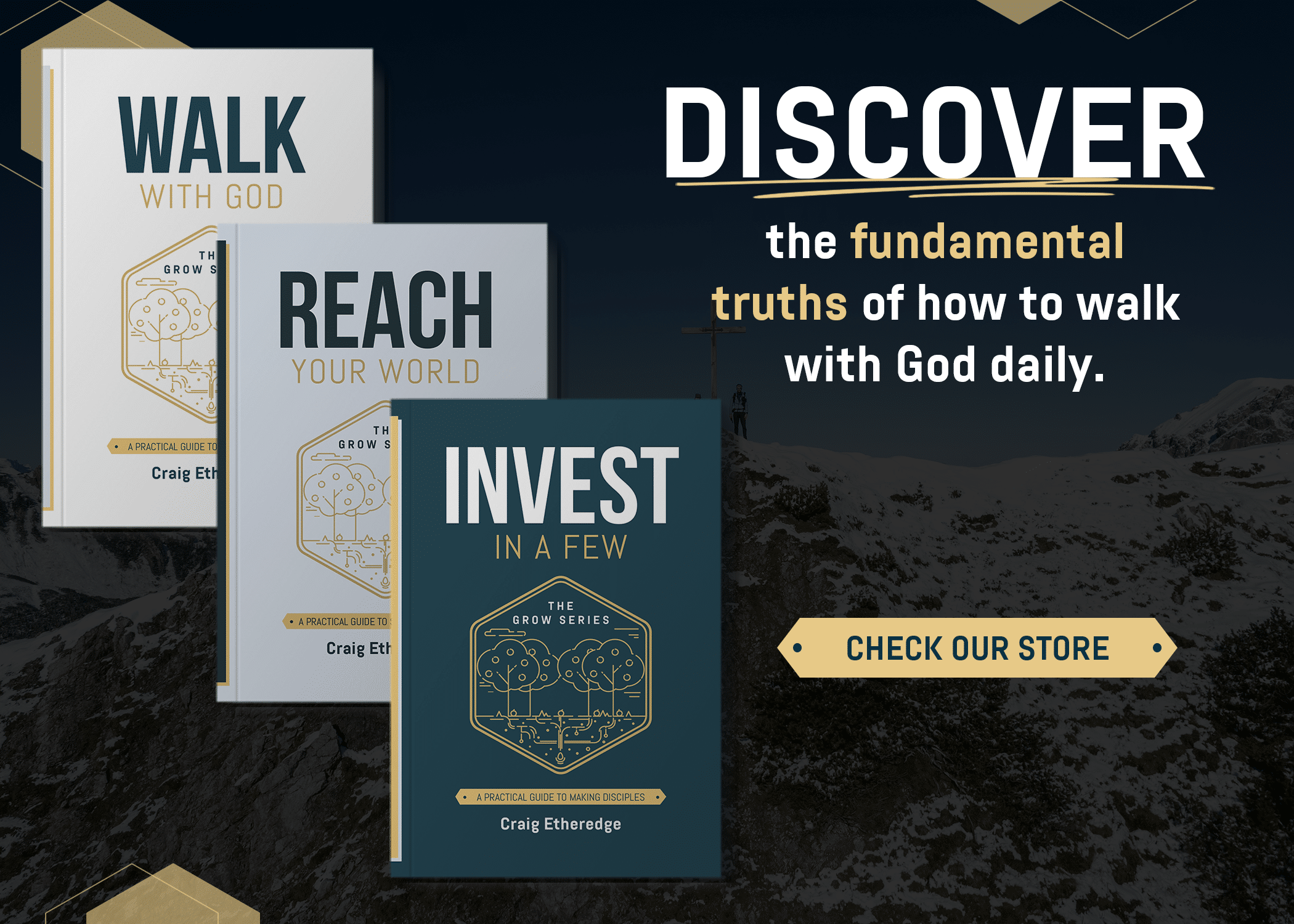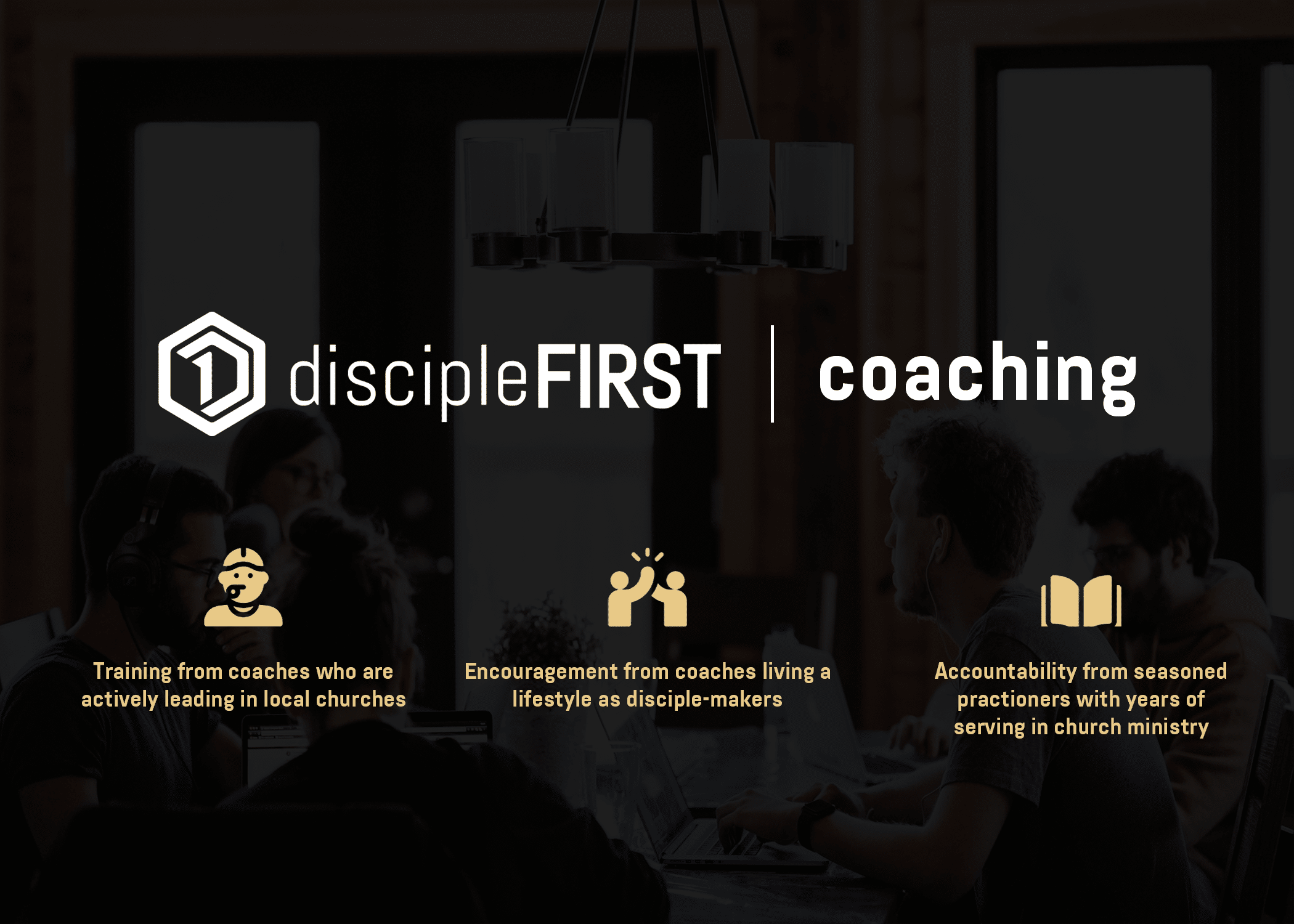When it all started
One day Jesus was sitting on a mountain, overlooking the sprawling Jezreel Valley that spread out like a patchwork quilt in front of Him. For the past eighteen years, He had been faithfully working in His earthly father’s trade as a craftsman. As the firstborn son it was His job to provide for the family. He had also been faithfully preparing for the day when His heavenly Father would give him a sign that the time was right for His ministry to begin.
Today was that day. Jesus heard his Father’s voice to go and be baptized by his cousin, John. Jesus left His hometown of Nazareth in Northern Galilee and made the sixty mile, two-day trek south along the Jordan River valley to Bethel beyond the Jordan just north of the Dead Sea (John 1.28). There, He was baptized and immediately thrust by the Spirit into the rocky and dry Judean wilderness to be tempted for forty days (Luke 4.1-13).
Why explorers followed Jesus
When His time of testing was complete, Jesus returned to where John was preaching and baptizing. John saw Jesus and pointed him out for everyone to see. “Behold the Lamb of God who takes away the sin of the world” (John 1.29). The next day it happened again. John pointed out Jesus declaring, “Behold, the Lamb of God!” (John 1.35). This time, two of John’s followers peeled off and started following Jesus.
Sensing he was being followed, Jesus turned and asked these men, “What are you seeking?” I’m sure they were caught off guard by Jesus’ direct question. They replied, “Rabbi (which means teacher) where are you staying?” Jesus said, “Come and you will see” (John 1.38-39).
That day was a turning point for these men. By the end of the day, they were convinced that Jesus was the Christ, the Messiah sent from God. One of these men, named Andrew, quickly found his brother, Peter and said, “We have found the Messiah!” (John 1.42).
The next day Jesus found Philip, a hometown friend of Andrew and Peter, and called him to be his follower (John 1.43). Then Philip found a friend of his, Nathanael, and he pleaded with him to “come and see” Jesus (John 1.46).
Most scholars believe that the unnamed man with Andrew that first followed Jesus was John, son of Zebedee. That was Jesus’ starting five. In just a few days Jesus had secured a handful of men who were curiously seeking him.
When Jesus invited explorers to “come and see”
Over the next eighteen months, Jesus would take these men on a roller coaster ride unlike anything they had ever experienced before. They followed him to a family wedding where Jesus performed his first miracle, transforming twenty large gallon jars of water into the best wine they had ever tasted (John 2.6-10). When these men saw this, they believed in Jesus (John 2.11). But they would see a lot more than that before too long!
They followed Jesus to Jerusalem for the Passover and watched with shock as Jesus turned over the moneychanger’s tables and confronted the Pharisees on their home turf (John 2.1322). They marveled as Jesus spoke about being “born again” to Nicodemus, the religious leader. They listened to how God loved the world so much that he sent his only Son (John 3.3-16).
They nervously followed Jesus into the forbidden territory of the Samaritans, and watched Jesus turn a casual conversation with a woman at a well into a life-altering encounter. As she ran back into the village she cried out, “Come and see a man who told me all that I ever did. Can this be the Christ?” (John 4.29). They watched as Jesus miraculously healed the son of a Roman noble official with a single word (John 4.50). They witnessed Jesus being rejected by his own hometown, refusing to believe that he was the Christ and even trying to take his life (Luke 4.28-30).
For a year and a half these men saw Jesus open the door and say, “come and see” to just about every kind of person imaginable. Seekers and skeptics, religious elites and outcasts, the desperate and the hard-hearted. Jesus invited them all to “come and see”—to explore his claims and find answers to their spiritual questions.
How Jesus engaged people.
The first step in any disciple-making strategy is the intentional engagement with people far from God, both religious and irreligious. It’s not enough to just get the message of the gospel out, we must engage people in a way that they wrestle with the life and the claims of Jesus.
I recently took my family on our summer vacation. Driving through a busy downtown area, we noticed men strategically positioned on street corners for several blocks. As we drew closer we could tell that these men were yelling out something as loudly as their voices would carry. As we got closer, I could tell they were screaming out scriptures and holding a Bible up in the air like an auctioneering ring man.
Almost everyone who pulled up to the intersection rolled their windows up tightly and locked their doors. But it didn’t seem to bother the preachers; they didn’t even make eye contact. They just continued yelling out Bible verses.
I’m sure those men had good intentions, but that is not how Jesus went about engaging people. He went where the people were. He engaged them in conversation. He addressed their specific needs, and at times even confronted their hard-heartedness. He gave them time to process what he was saying to them.
His starting five men were in this phase for a year and a half. That’s almost half of Jesus’ total three-plus-year ministry! This was a critical time for these men. They were processing at high speed, trying to absorb all they were learning about Jesus. People reacted differently to Jesus. Some loved him, some hated him, some were drawn to him, and some were confused by him, but no one ignored him. Jesus made eye contact with everyone he met. For a church to be a disciple-making church, there must be intentional efforts to meet with people where they are and introduce them to Jesus.







